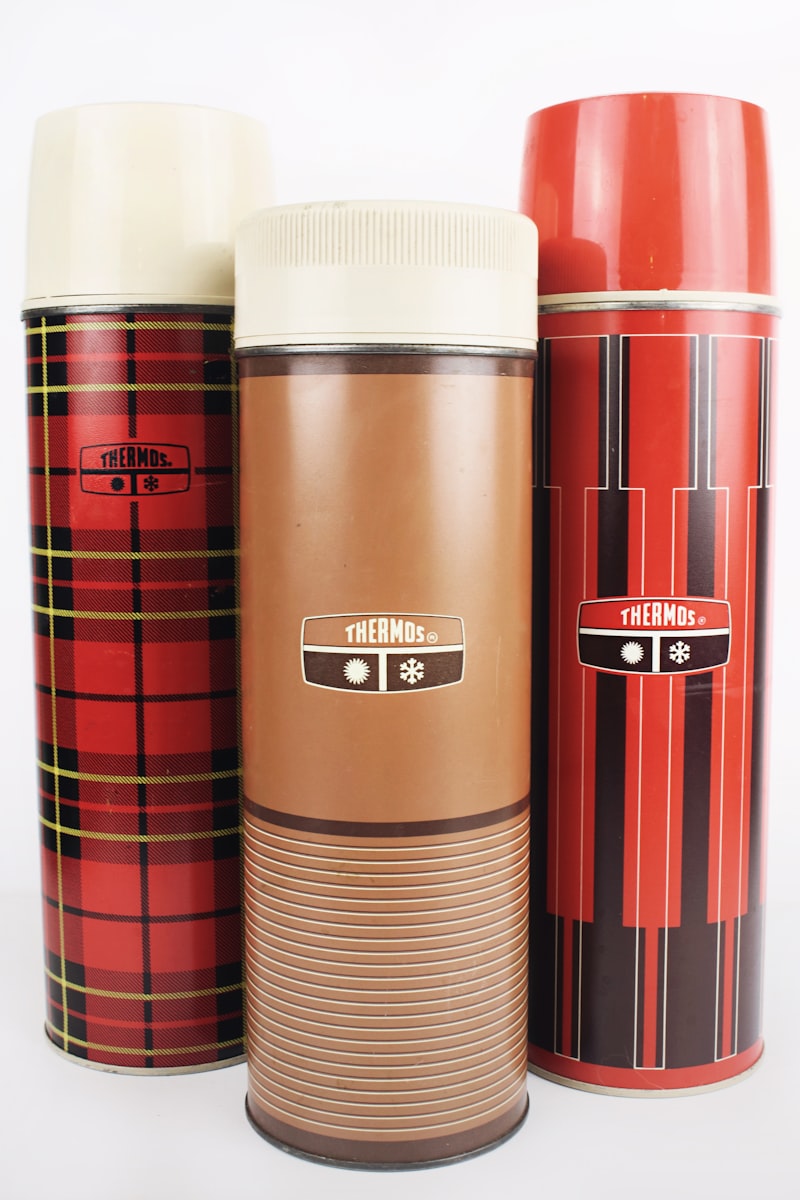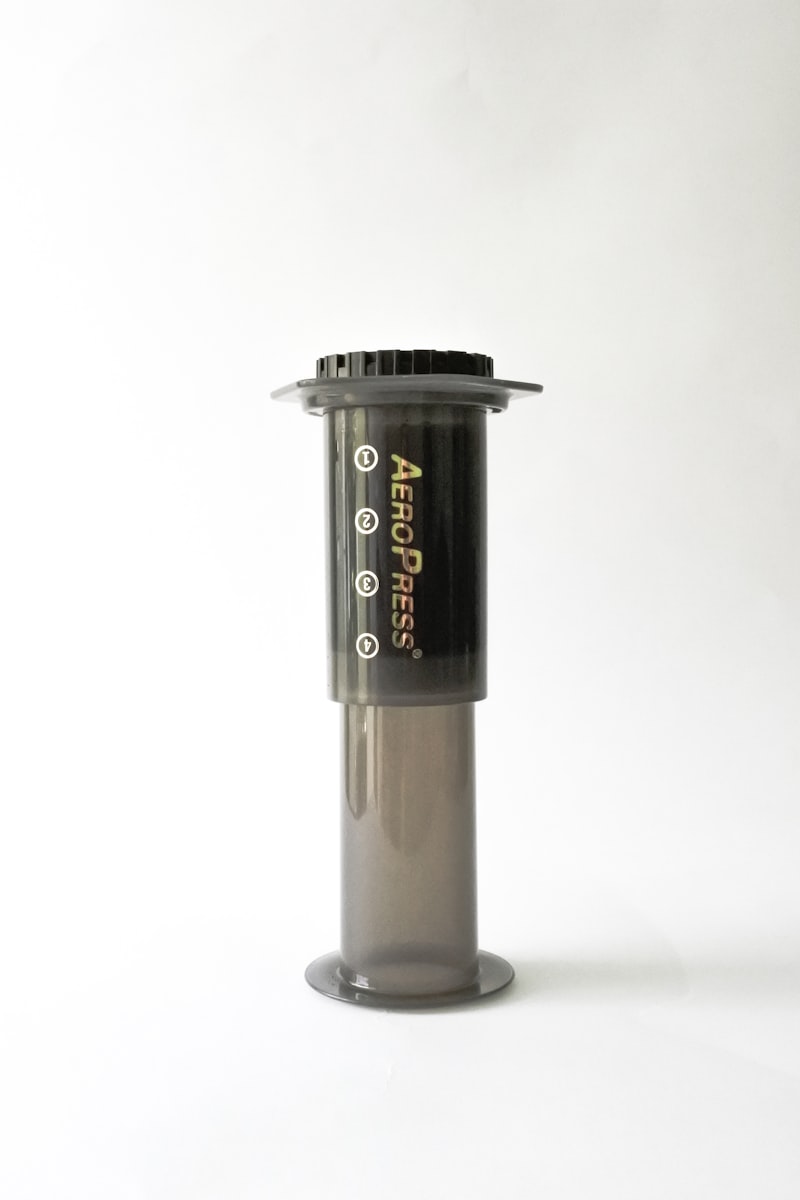Are you experiencing a frustrating situation where your brake pedal remains disappointingly soft even after installing a brand-new master cylinder? It can be quite perplexing when you invest time and effort into fixing an issue, only to find that it hasn’t resolved the problem at hand. Let’s delve into this matter further and explore possible reasons behind a soft brake pedal despite the replacement of the master cylinder.
One potential explanation could be air trapped in the braking system. When air gets into the brake lines, it creates a spongy feel on the pedal. Bleeding the brakes becomes crucial in such cases. By removing the trapped air through a bleeding process, you can restore the desired firmness to your brake pedal. This involves opening the bleeder valves while simultaneously pressing down on the pedal to expel any air bubbles present.
Another possibility is an underlying issue with the brake lines themselves. Over time, brake lines can become deteriorated or develop leaks, leading to a loss of hydraulic pressure. Even with a new master cylinder, if the brake lines are compromised, the pedal may remain soft. Inspect the lines thoroughly for any signs of damage, corrosion, or leaks. If any issues are discovered, repairing or replacing the affected brake lines should rectify the problem.
Additionally, improper adjustment of the brake shoes or pads can contribute to a soft brake pedal sensation. If the shoes or pads are not properly aligned or adjusted, they may not apply sufficient pressure to the rotors or drums. In turn, this will result in a lack of responsiveness and a soft pedal. Double-check the brake shoe adjustment or pad position to ensure they are correctly set up.
Remember, always consult a professional mechanic if you encounter persistent issues with your vehicle’s braking system. They possess the expertise and knowledge to diagnose and resolve complex problems effectively, providing you with the peace of mind and confidence you need while on the road.
Automotive Mystery: New Master Cylinder Fails to Solve Soft Brake Pedal Issue
Introduction:
Are you troubled by a soft brake pedal? It’s a common issue that can leave any car owner scratching their head. Recently, many enthusiasts turned to the automotive community after replacing their master cylinder, only to find that the problem persisted. In this article, we delve deep into this automotive mystery and explore why a new master cylinder may not be the ultimate solution.
The Master Cylinder’s Role:
To unravel this enigma, we must first understand the role of the master cylinder. Picture it as the heart of your vehicle’s braking system, responsible for generating hydraulic pressure and transmitting it to the brake calipers or wheel cylinders. When you press the brake pedal, the master cylinder uses this force to activate the brakes and bring your car to a stop.
Potential Culprits:
While a soft brake pedal is often attributed to a faulty master cylinder, there are other possible culprits hiding beneath the surface. One common culprit is air in the brake lines. Air bubbles can compromise the system’s hydraulic pressure, resulting in a spongy pedal feel. Another suspect is a worn or damaged brake booster, which assists in amplifying the force applied to the pedal.
Insufficient Bleeding:
Before condemning the new master cylinder, it’s crucial to ensure proper bleeding of the brake system. Even a small amount of trapped air can cause a soft pedal. Thoroughly bleed the brakes, starting from the furthest wheel and working your way to the closest, until all air is expelled. This meticulous process guarantees that the hydraulic system is free of any air pockets, ensuring optimal brake performance.
Brake Booster Examination:
If bleeding the brakes doesn’t rectify the soft pedal issue, it’s time to investigate the brake booster. A weakened or malfunctioning brake booster could be to blame. Check for signs of vacuum leaks or a faulty check valve within the booster assembly. These defects can disrupt the balance between applied force and amplified output, resulting in an unsatisfactory pedal feel.

Conclusion:
In this automotive mystery of the new master cylinder failing to solve a soft brake pedal issue, we’ve explored the various factors that may contribute to this perplexing problem. Remember to thoroughly bleed the brake system and inspect the brake booster before solely attributing the issue to the master cylinder. By following these steps, you can pave the way for a safer and more enjoyable driving experience.
Unforeseen Challenges: Drivers Struggle with Persistently Soft Brake Pedals Despite Replacing Master Cylinder
Introduction:
Have you ever experienced a frustrating situation where your vehicle’s brake pedal feels unnervingly soft, despite having replaced the master cylinder? You’re not alone. Many drivers face this unexpected challenge, which can be both perplexing and concerning. In this article, we delve into the reasons behind this issue and explore potential solutions to help you regain control over your braking system.
Understanding the Problem:
Replacing the master cylinder is often considered a reliable fix for brake-related issues, as it plays a vital role in generating hydraulic pressure to engage the brakes. However, encountering a persistently soft brake pedal after this replacement can leave drivers scratching their heads in disbelief. So, why does this problem occur?
Possible Causes:
-
Air in the Brake System: One possible culprit is air trapped within the brake lines. Even a small amount of air can compromise the responsiveness of the brakes, causing the pedal to feel spongy. Bleeding the brakes to remove air bubbles may resolve the issue.
-
Contaminated Brake Fluid: Over time, brake fluid can become contaminated with moisture and debris, compromising its effectiveness. This contamination can lead to reduced hydraulic pressure and a soft brake pedal. Flushing and replacing the brake fluid could be necessary to restore optimal performance.

Worn or Damaged Brake Components: It’s crucial to consider other components in the braking system that may contribute to a soft pedal. Worn brake pads, deteriorated brake lines, or a malfunctioning brake booster can all affect the pedal’s firmness. Thorough inspection and replacement of worn parts might be required.
Conclusion:
Dealing with a persistently soft brake pedal after replacing the master cylinder can be incredibly frustrating. However, by investigating potential causes such as air in the brake system, contaminated brake fluid, or worn brake components, you can take the necessary steps to address the issue and ensure your vehicle’s braking system operates at its best. Remember, if you’re uncertain about diagnosing or resolving the problem yourself, it’s advisable to consult a qualified mechanic who can provide expert guidance tailored to your specific situation. Drive safely and maintain control over your vehicle’s brakes for a smoother and more reassuring driving experience.
Breaking the Norm: Experts Investigate Persistent Brake Pedal Softness After Master Cylinder Replacement
Introduction:
Have you ever experienced a brake pedal that feels disturbingly soft after replacing the master cylinder in your vehicle? You’re not alone. Many car owners have encountered this unexpected issue, and it can be quite concerning. In this article, we delve into the phenomenon of persistent brake pedal softness after master cylinder replacement. Expert investigators are working tirelessly to understand the underlying causes and find effective solutions. So, let’s explore why this happens and what you can do about it.
Understanding the Brake System:
To grasp why the brake pedal feels soft, we need to comprehend the basics of a typical brake system. When you press the pedal, it activates the master cylinder, which applies hydraulic pressure to the brake lines. This pressure is transmitted to the brake calipers or wheel cylinders, ultimately causing the brake pads or shoes to engage with the rotors or drums and slow down the vehicle. In an ideal scenario, pressing the pedal should result in a firm and responsive feel.
Causes of Persistent Brake Pedal Softness:
Despite replacing the master cylinder, some individuals may notice that the brake pedal still lacks the desired firmness. Several factors could contribute to this issue. One potential cause is air trapped within the brake lines, which compromises the hydraulic pressure transfer. Another possibility is improper brake bleeding during the master cylinder replacement process. Additionally, worn-out brake components such as pads, rotors, or calipers may also play a role.
Seeking Professional Assistance:
Given the critical nature of braking systems, it’s crucial to address any concerns promptly and effectively. If you encounter persistent brake pedal softness after replacing the master cylinder, it’s highly recommended to seek professional assistance from a qualified mechanic. They possess the expertise and necessary tools to diagnose the problem accurately.
Conclusion:
Persistent brake pedal softness following a master cylinder replacement can be an unexpected and worrisome experience. However, by understanding the basics of brake systems and seeking professional help, you can resolve the issue and ensure your vehicle’s safety. Remember, timely action is essential when it comes to brake-related concerns. Stay informed, stay cautious, and prioritize your safety on the road.
Master Cylinder Woes: Drivers Left Baffled as Soft Brake Pedal Troubles Persist

Are you tired of experiencing soft brake pedal troubles while driving? If so, you’re not alone. Many drivers have been left baffled by this frustrating issue, known as master cylinder woes. Picture this: you’re cruising down the road, approaching a red light, and you gently press your foot on the brake pedal, only to find it feels spongy and unresponsive. Panic sets in as you wonder if your brakes will fail you when you need them most.
The master cylinder is a vital component of your vehicle’s braking system. It converts the pressure you apply to the brake pedal into hydraulic force that engages the brakes. When the master cylinder malfunctions, it can lead to a soft brake pedal feel. But what causes these woes?
One common culprit is a leak in the master cylinder. This can occur due to worn-out seals or corroded brake lines, allowing air to enter the system and compromise its effectiveness. Another potential cause is a failing master cylinder piston, which may develop internal leaks or become stuck, preventing proper brake fluid distribution.
So, how can you address these issues? First, it’s crucial to have your vehicle inspected by a qualified mechanic. They can diagnose the exact problem with your master cylinder and recommend the appropriate repairs. In some cases, a simple fix like replacing worn-out seals or tightening loose connections might be all that’s needed. However, more complex issues may require a complete master cylinder replacement.
Remember, maintaining your vehicle’s braking system is essential for your safety on the road. Regularly checking the brake fluid level and ensuring it’s free from contaminants is a good preventive measure. Additionally, addressing any signs of braking issues promptly can prevent further damage and potentially save lives.
Encountering soft brake pedal troubles can be a perplexing experience for any driver. Understanding the role of the master cylinder and its potential woes is crucial in resolving this issue. By seeking professional help and staying proactive in maintaining your vehicle’s braking system, you can regain confidence in your brakes and enjoy a safer driving experience. Don’t let the master cylinder woes keep you guessing—take control of your vehicle’s safety today!
